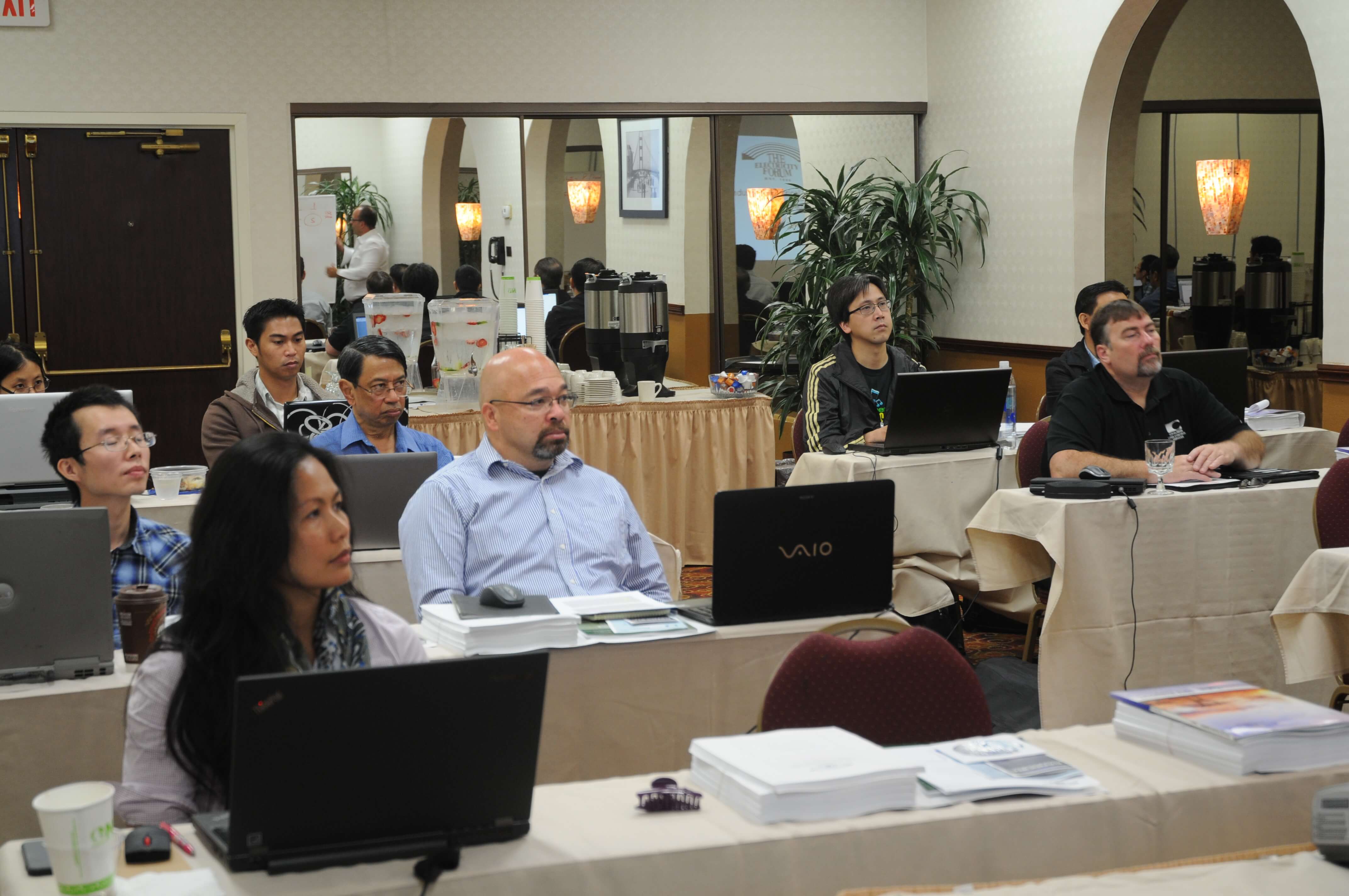Building Automation Systems Training Course Outline
DAY ONE
BUILDING AUTOMATION OVERVIEW
• History of Building Automation
• Building Types and key Requirements
• Current and Future Trends – Wired & Wireless – FDD -AI – IoT- Digital Twin
• Delivery of BAS – Designers, System Integrators and Contractors
TYPES OF BUILDING AUTOMATION AND CONTROL SYSTEMS
• Building Automation Systems (BAS)
• Building control System (BcS)
• Building management System (BmS)
• Direct Digital Control (DDC)
• Energy management and control Systems (EmcS)
BAS APPLICATIONS
• Building HVAC Basicscityforum.com/electrical-training/building-automation-training
• Air Handler controls
• Security and Door Access Systems
• BAS Surveillance systems
• BAS Fire and Safety Systems
BAS SYSTEM SOLUTIONS
• DDC controllers and sensors
• Space condition controls
• Boiler and Chiller Plants
• Air Handler controls
• Lighting controls
• Human machine Interface (HMI)
BAS COMMUNICATION PROTOCOLS
• BACnet, BACnet/IP, BACnet MS/TP
• EnOcean
• LONWORKS
• Modbus
• OPC
• Zigbee
• LoRA
• Bluetooth
• Zwave
BUILDING RAINING
COMPLIMENTARY BUILDING INITIATIVES
• BOMA BEST
• Energy Star
• LEED Accreditation
• Green Globes
• WELL, Fitwel
• Net Zero Carbon
• Associations – CABA, ISA, BOMA, IFMA, CaGBC
BENEFITS OF BUILDING AUTOMATION SYSTEMS
• Energy Savings
• Environmental Impact Reduction
• Improved Security
• DVR and CCTV Systems interaction
• Interaction with Life Safety Systems and Fire Protection
• Building maintenance using BAS / BmS with CMMS
• Operator convenience
• Power monitoring
• Security
• Closed circuit video (CCTV)
• Card and keypad access
• Elevator/escalator control
• Plumbing and water/wastewater management
DAY TWO
BAS SYSTEM DELIVERY PROCESS -New and Upgrade
• Design and Specification
• Project Engineering
• Application Development of custom functions
• Implementation of a specific applications
• Maintaining a BAS System
DAY TWO
BAS INTEGRATION
• Space condition controls
• Air Handler controls
• Air Handling Units (AHUs)
• Roof-top Units (RTUs)
• Fan coil Units (FCUs)
• Heat Pump Units (HPUs)
• Variable Air Volume boxes (VAVs)
BAS STRATEGIES FOR ENERGY REDUCTION
• Chillers control
• Boilers control and Backup
• Lighting control
• Typical Process close Loop control
• Demand Control Ventilation
• Central Utilities
• Energy conservation
• Water conservation
• Water leak Detection
BAS SYSTEM SOLUTIONS
• DDC Basics-Direct Digital control
• Local control and Field devices
• Human machine Interface (HMI) Applications
• IoT and Digital Twin -FDD -AI - ML
BAS SYSTEM INFORMATION INTERACTIONS
• Occupancy and Security System to BAS
• DVR and CCTV Systems interaction
• First Responders Digital Information
• Interaction with Life Safety Systems and Fire Protection
BAS ECONOMICS:
• Design and Life cycle costing reports for Intelligent Buildings
• Monetization of Intelligent Building
• Utility and government incentive programs
BUILDING MAINTENANCE USING BAS/BmS
• CMMS interface with BAS
• Project Haystack naming convention
• Real time monitoring benefits
BAS CASE STUDIES:
• High Performance Buildings
• Smart Buildings
Questions and Answers
COURSE TIMETABLE
Both days:
Start: 10:00 a.m. Eastern Time
Finish: 4:30 p.m. Eastern Time

















